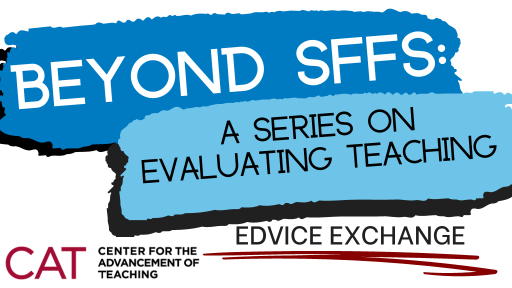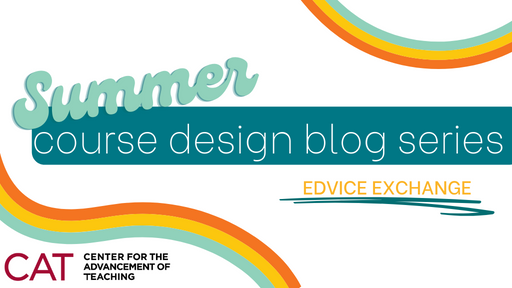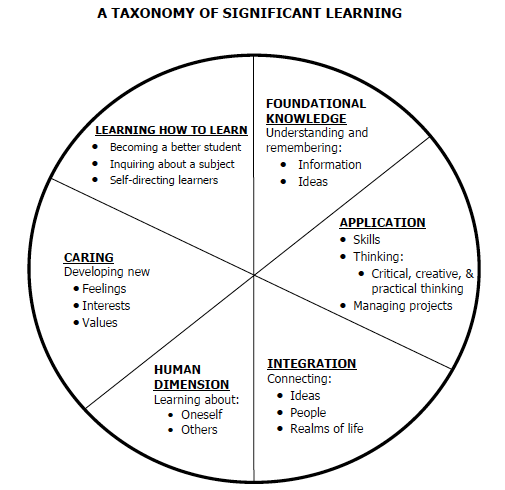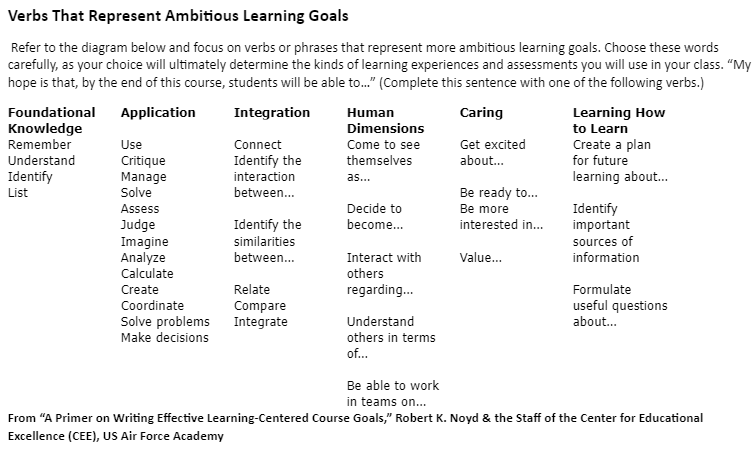Lori Salem and Stephanie Fiore

So says the title of a recent article in Vice that has been making the rounds at Temple. The article describes a new tool called Open Ai Playground, that generates text on demand. Playground uses GPT-3, a newly developed machine-learning algorithm, to compose the text. GPT-3 is also the power behind Shortly-Ai, another text-generation tool offering a somewhat different set of features. The sentences generated by both programs are surprisingly good – they flow, and they have clear and simple prose style. A student could theoretically type their essay prompt into Playground or Shortly, and the program would generate the essay for them. And because the sentences produced by GPT-3 are entirely original, the resulting text would not be flagged by a plagiarism detector like Turnitin.
So, is this the end of writing instruction as we know it? We think not. But these new programs do have implications for teaching, and that’s our focus in this post.
We tested both tools to get a sense of what they can do and what it is like to use them. Both tools make it easy to produce short (paragraph-long) texts that clearly and coherently state a few relevant facts. It’s possible to imagine a student using them to produce short “blog-post”-type essays, which is exactly what the students in the Vice article say they do. At least for now, neither program would make it easy to produce a longer text, nor to produce a text that was argument-driven, rather than factual.
But more importantly, these programs don’t—and can’t—help with the real work of writing. They can create sentences out of sentences that have already been written, but they can’t help writers find the words to express the ideas that they themselves want to express. If the purpose of writing was simply to fill a page with words, then the AI tools would suffice. But if the writer wants to communicate something, and therefore cares what ideas and arguments are being expressed, then AI writing tools are not helpful.
Don’t take our word for this. In the sidebar, we provide information about how to access and use Playground and Shortly. Try them and see if you can get them to write something that you can genuinely use.
If you find, as we did, that AI writing tools are not useful when the writer cares about the content of the writing, then we’re halfway to solving the problem of students using AI tools to plagiarize.
The Plagiarism Arms Race
Just because AI generated texts are undetectable right now, doesn’t mean that will always be the case. Someone somewhere is probably already working on a tool that will detect texts written by GPT-3, because of course they are. Students figure out ways to cheat, and companies invent tools to catch them, and then they sell their inventions to us. This is just the latest iteration of that cycle.
To that point, have you seen the YouTube videos instructing students on how to beat Proctorio at its own game? The same Proctorio for which we pay a hefty annual subscription fee?
There has to be a better way, right?
A better way, part I: Encourage Academic Honesty by Creating Better Assignments
This new AI tool is a “threat” to academia only insofar as we ask students to complete purposeless writing assignments, and ones that rely on lower-level thinking skills that ask students to reiterate factual information. The real answer to cheating systems that become more sophisticated is to create better assessments and to create conditions in our classrooms that encourage academic honesty.
There is some very good research on what works to encourage academic honesty. This is a longer discussion than we will take here, but in essence, we should think about what the factors are that lead to cheating behaviors and work to reduce those factors. These include 1) an emphasis on performance (rather than learning); 2) high stakes riding on the outcome; 3) an extrinsic motivation for success; and 4) a low expectation of success. There are very intentional steps that we as instructors can take to reduce these factors, including adjusting our assessment protocols to rely less heavily on high-stakes one-and-done writing assignments, centering writing assignments on issues students care about, and scaffolding writing assignments to allow for feedback and revision.
We also need to look at the kinds of assessments we are using in our courses. The more we move towards authentic assessments and grounded assessments (designed to be unique to the course you are teaching in the moment. They often include time, place, personal, or interdisciplinary elements to make them something not easily replicable), the better off we are. There is a lot of work to be done here, as we often rely on the kinds of assessments we had as students, very few of which were either authentic or grounded. It is much harder to cheat on these kinds of assessments.
Finally, findings from some interesting research on academic honesty suggest that communicating with students about academic honesty works better than you would think, reminding them of their ethical core and focusing on what academic honesty looks like and why it is expected. This is especially effective when timed close to an assessment.
Try it for yourself!
Open Ai Playground
How to try it: Use the link above to open the website and make a free account. From the home screen, click on the “Playground” tab (top right.) Then enter an “instruction” in the main text box. The instruction might be something like “Describe [topic you are writing about.]” Or “Explain [something you are trying to explain.]” Click “submit,” and your results will appear. If you don’t get what you were looking for, you can keep refining and resubmitting your instructions. ShortlyAIHow to use it: Use the link above to open the website and make a free account. Enter a title and a sentence or two and set the output length to “a lot.” Then click the “write for me” button. If you like the way the text is going, you can type another sentence or two and click “write for me.” Or you can refine your original title and first sentence and start over. Please share your results! Copy the text(s) that you “write” and email them to Lori.salem@temple.edu along with any comments you care to offer about the texts or your experience producing them.
A better way, part II: Adapt instruction to reflect new writing practices
Once upon a time, writing instruction centered around penmanship and spelling. Those days are gone because developments in the technology of writing (from pens, to typewriters, to word-processors) drove changes in writerly practice, which eventually led to changes in writing instruction.
Automated text generators are just the latest technological innovation, and they have already changed the practice of writing in journalism, online marketing, and email. And why not? There is great value in making certain kinds of writing more efficient.
Our approach to writing instruction will need to adapt to this new reality. It’s not hard to imagine a future in which universities teach students how to use AI tools to generate text for some situations, even as they disallow the use of AI tool for others.
Lori Salem serves as Assistant Vice Provost and Director for the Temple University Student Success Center. Stephanie Fiore is Assistant Vice Provost and Senior Director of Temple’s Center for the Advancement of Teaching





